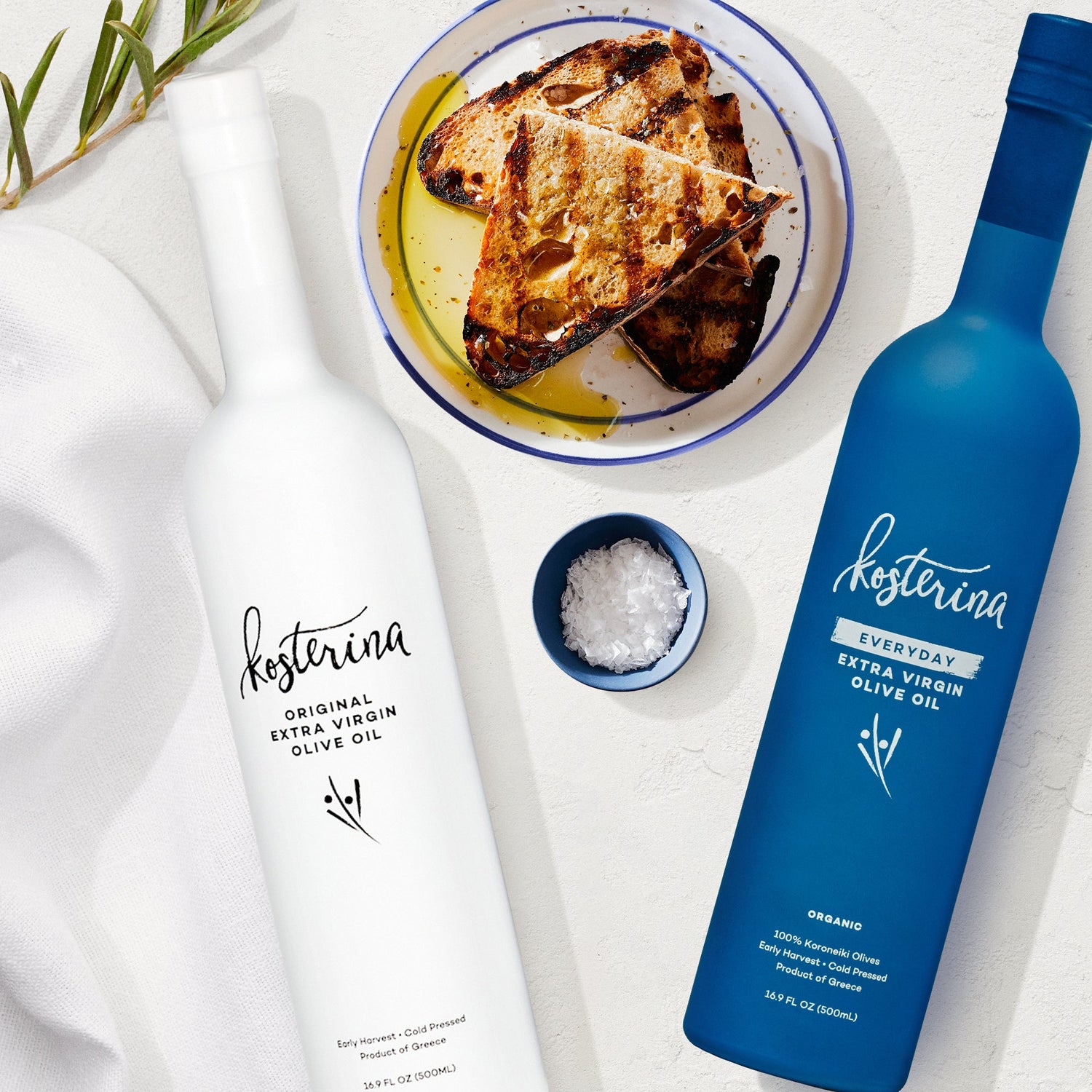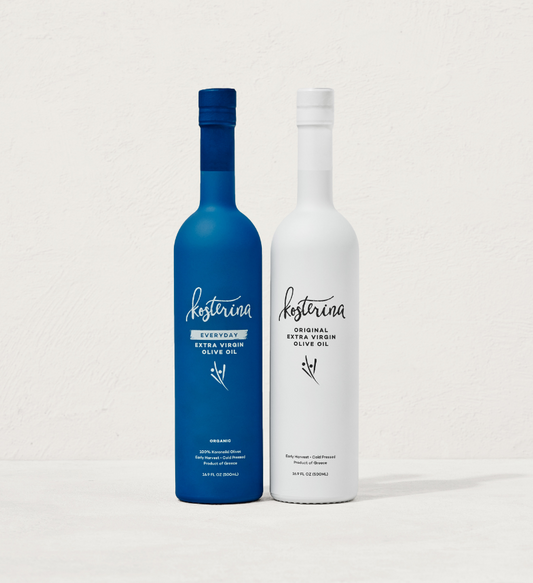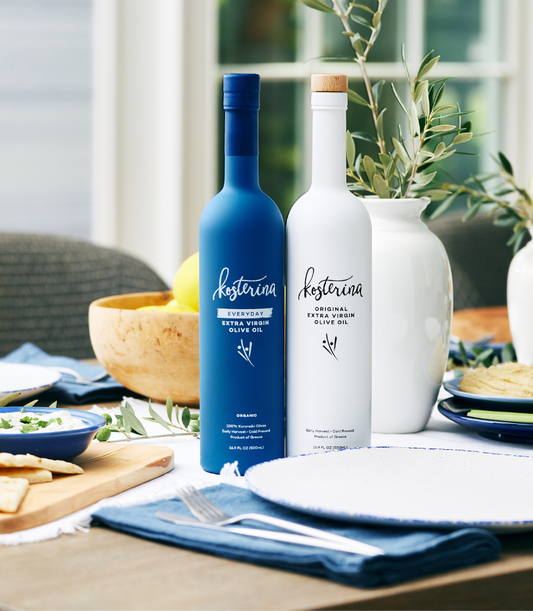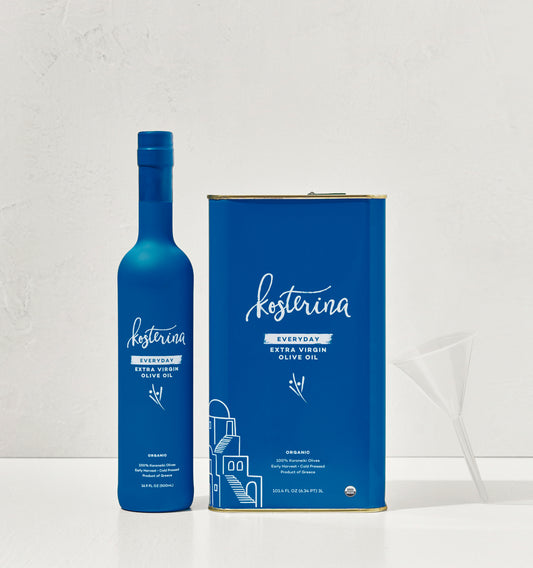Boost Your Body’s Natural GLP-1 — No Prescription Needed
Let’s talk about the buzz behind GLP-1. It’s the hormone that’s suddenly a household name, thanks to weight-loss meds like Ozempic and Wegovy. But here’s the plot twist: your body already knows how to make GLP-1 on its own. The real question is, are you feeding it the right signals?
Spoiler alert: you can activate your natural GLP-1 with food. And yes, extra virgin olive oil (EVOO) plays a starring role.
First, What Is GLP-1 Anyway?
GLP-1 (glucagon-like peptide-1) is a gut hormone that helps:
- Regulate blood sugar
- Control appetite
- Slow digestion — keeping you fuller, longer
Drugs like Ozempic and Wegovy mimic GLP-1 to promote weight loss. But your body naturally produces GLP-1 — and you can boost it with the right foods.
Here’s how to give your body a little nudge — no needle required:
1. Eat More Healthy Fats (Enter: EVOO)
Healthy fats stimulate GLP-1 production. One standout? Extra virgin olive oil (EVOO).
Studies show EVOO increases GLP-1 secretion after meals. It’s rich in oleic acid and polyphenols, which:
- Trigger gut receptors like GPR119
- Slow gastric emptying
- Help you feel fuller, longer
👉 Study explaining more
👉 Dive deeper here
2. Get Friendly With Fiber
Fiber feeds your microbiome and helps your body release GLP-1. Look for soluble fiber in:
- Oats
- Chia seeds
- Lentils
- Apples
Fermentation in the gut creates short-chain fatty acids like butyrate, which increase GLP-1 secretion.
Tip: Try a fiber-rich salad dressed with EVOO for a double benefit.
3. Eat More Protein—At the Right Time
Protein-rich meals increase GLP-1 release, especially from whey, casein, and legumes. Also, timing matters — especially at breakfast.
Start your day with:
- Eggs
- Greek yogurt
- Legumes
- A drizzle of EVOO on sautéed spinach
This is why a protein-packed breakfast can leave you feeling fuller, longer.
4. Spice It Up With Fermented Foods
Fermented foods like:
- Kimchi
- Sauerkraut
- Kefir
...support a diverse gut microbiome, which plays a key role in GLP-1 response and insulin sensitivity.
5. Cut Ultra-Processed Foods That Disrupt GLP-1
Refined seed oils, sugar, and emulsifiers can block GLP-1 signaling.
A 2019 NIH study found people eating ultra-processed diets co_








